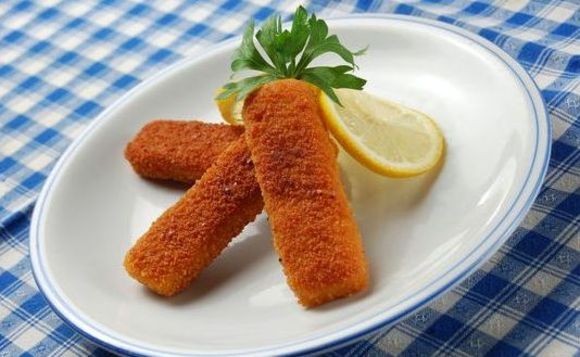
Private equity munches on food sector

A recent string of deals and announcements show the food industry to be firmly back on the private equity investment agenda. Furthermore, the high valuations witnessed are in stark contrast with a recovering but still relatively modest buyout market. Greg Gille reports on the renewed hunger for this defensive asset.
Following a fiercely disputed auction process, French frozen food retailer Picard Surgelés has been acquired by Lion Capital from BC Partners for a staggering €1.5bn. The private equity house had to significantly up the ante in order to secure the deal, beating competitors such as CVC, Clayton Dubilier and Eurazeo to the punch - a testament to the attractiveness of the 820 store chain.
The deal is welcome news for Lion Capital, which also competed for, but eventually lost out on Findus Italy. Unilever sold the frozen food specialist to Permira-backed Birds Eye for €805m. Permira will reunite the two brands and look to benefit from a strengthened presence in traditionally frozen food-friendly countries across Europe.
Meanwhile, reports of a United Biscuits sale in the UK also generated plenty of media coverage given the hefty £2bn price tag. Blackstone and PAI partners acquired the company in a heavily leveraged £1.6bn deal four years ago and are looking to conclude the sale by early 2011. The sellers are not ruling out an IPO, but a straight sale seems to be the most likely outcome. It remains to be seen whether United Biscuits will once again go to private equity or be added to a food giant's portfolio. PAI is also looking to sell its 50% stake in French yoghurt maker Yoplait, valued at €1-1.2bn, which again is said to have attracted plenty of interest from private equity players.
It is no wonder established food companies are so attractive to the industry. Their strong and stable cashflows are well suited for leveraged buyouts, enabling the buyer to apply higher debt multiples to the structures and match top-end valuations. This also makes for satisfactory and rather predictable exit returns, even if the deal value doesn't suggest it at first glance (Picard and United Biscuits being a case in point).
Then there is the defensive nature of those assets. All of the companies above weathered the downturn well and remain profitable - after all people will always have to eat. This may partly explain the timing of this secondary buyout frenzy. On the one hand, private equity firms acquired those assets in the mid-noughties and have been reluctant to sell them in the falling market of the last couple of years. On the other hand, players who raised buyout funds around that time, and have been sitting on a significant amount of dry powder, are now under pressure to deploy their funds before the looming investment period deadline. Large food companies are therefore a relatively low risk proposition in uncertain times, with well-established markets and predictable returns.
That said, not all food-related assets can be considered safe bets. Sound financials and a well-recognised brand are a must - hence the fierce competition surrounding Picard Surgelés. The disappointing flotation of UBS-backed online grocer Ocado will serve as a reminder: a company with a relatively frail business model that has yet to post a profit cannot pretend to turn all heads around.
Latest News
Stonehage Fleming raises USD 130m for largest fund to date, eyes 2024 programme
Sponsor acquired the public software group in July 2017 via the same-year vintage Partners Group Global Value 2017
Stonehage Fleming raises USD 130m for largest fund to date, eyes 2024 programme
Czech Republic-headquartered family office is targeting DACH and CEE region deals
Stonehage Fleming raises USD 130m for largest fund to date, eyes 2024 programme
Ex-Rocket Internet leader Bettina Curtze joins Swiss VC firm as partner and CFO
Stonehage Fleming raises USD 130m for largest fund to date, eyes 2024 programme
Estonia-registered VC could bolster LP base with fresh capital from funds-of-funds or pension funds








